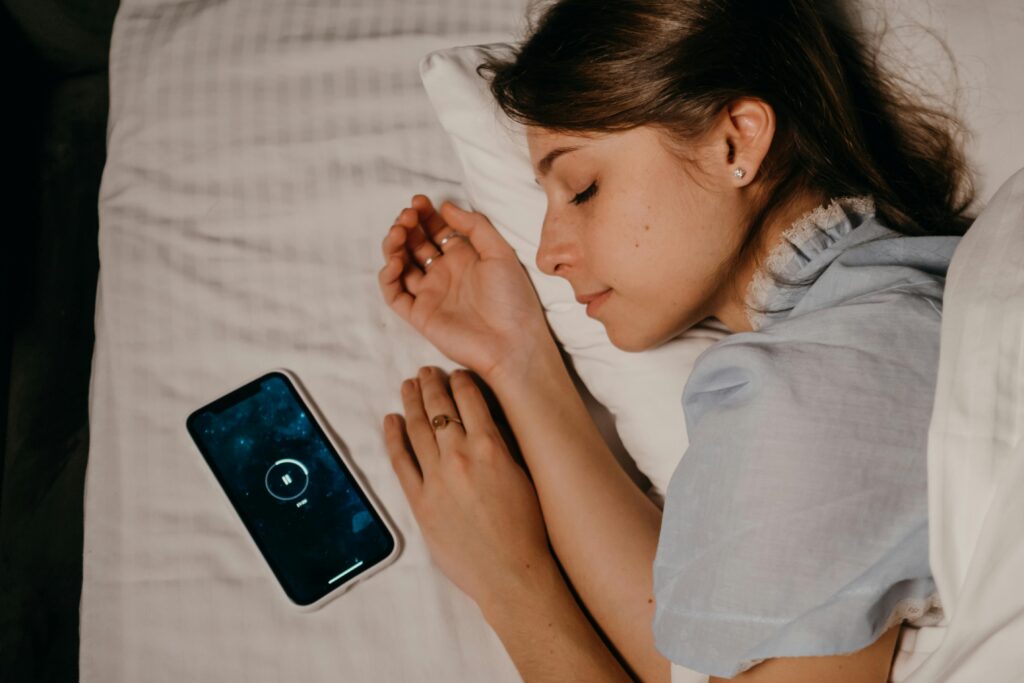Sleep tracking has become one of the hottest features in health-focused wearables, but experts are beginning to question whether these devices are helping more than they’re hurting.
From smartwatches to dedicated sleep rings, millions of people are monitoring their nightly rest with increasing precision. But some sleep scientists worry that hyper-tracking may be fueling anxiety rather than improving sleep quality.
“We’re seeing a rise in ‘orthosomnia,’ a condition where people become obsessed with perfect sleep metrics and actually develop insomnia,” says Dr. Lisa Romero, a clinical sleep researcher at Stanford.
Still, many consumers report feeling more empowered. Popular platforms like Oura, Fitbit, and Apple Health offer insights on REM cycles, disturbances, and “sleep scores,” turning sleep into a daily challenge to optimize.
Critics argue that this gamification can lead to fixation — especially since most consumer-grade devices aren’t medical-grade accurate.
But the industry shows no sign of slowing. A recent market report by Grand View Research estimates the global sleep tech device market will exceed $50 billion by 2030.
Bottom line:
If you’re tracking your sleep, pay attention — but don’t obsess. Good sleep isn’t just data — it’s balance.


